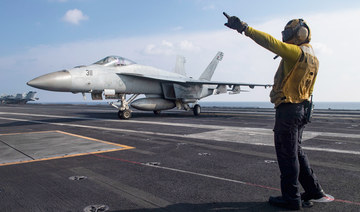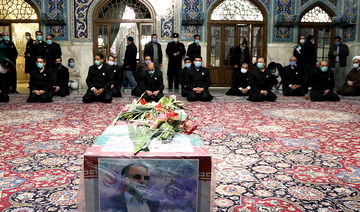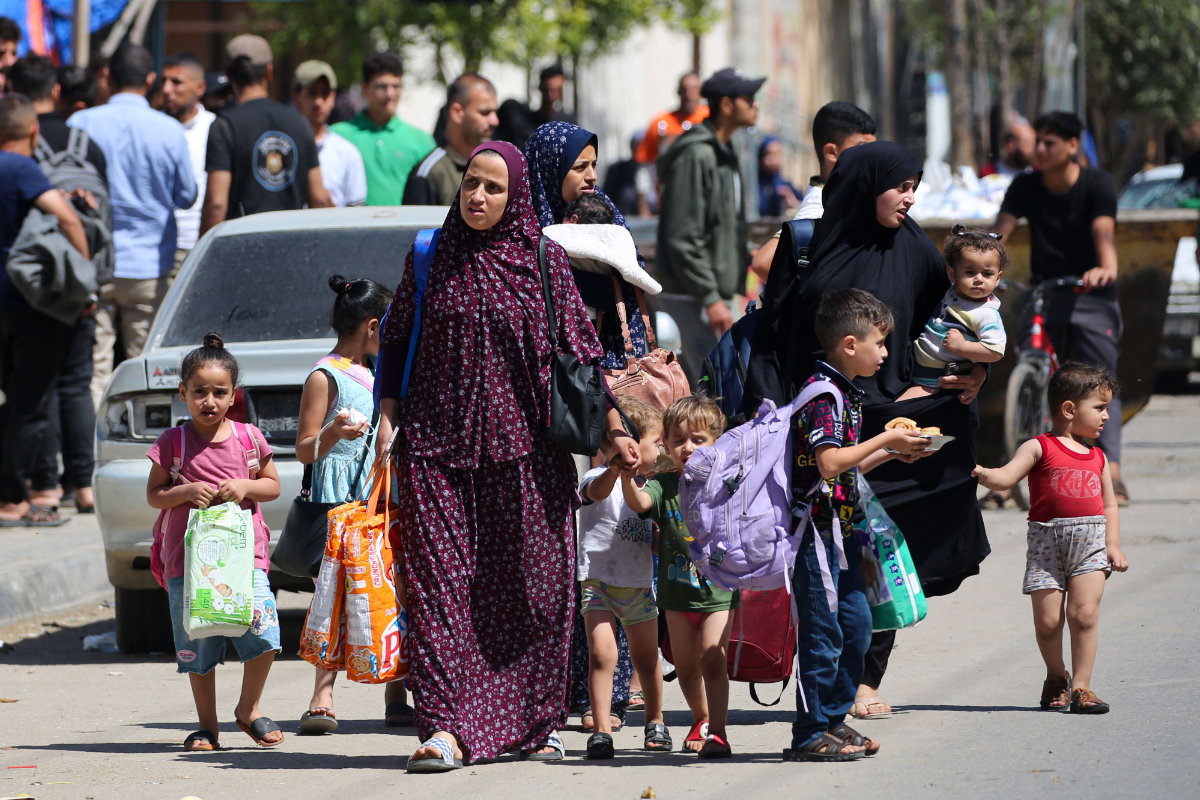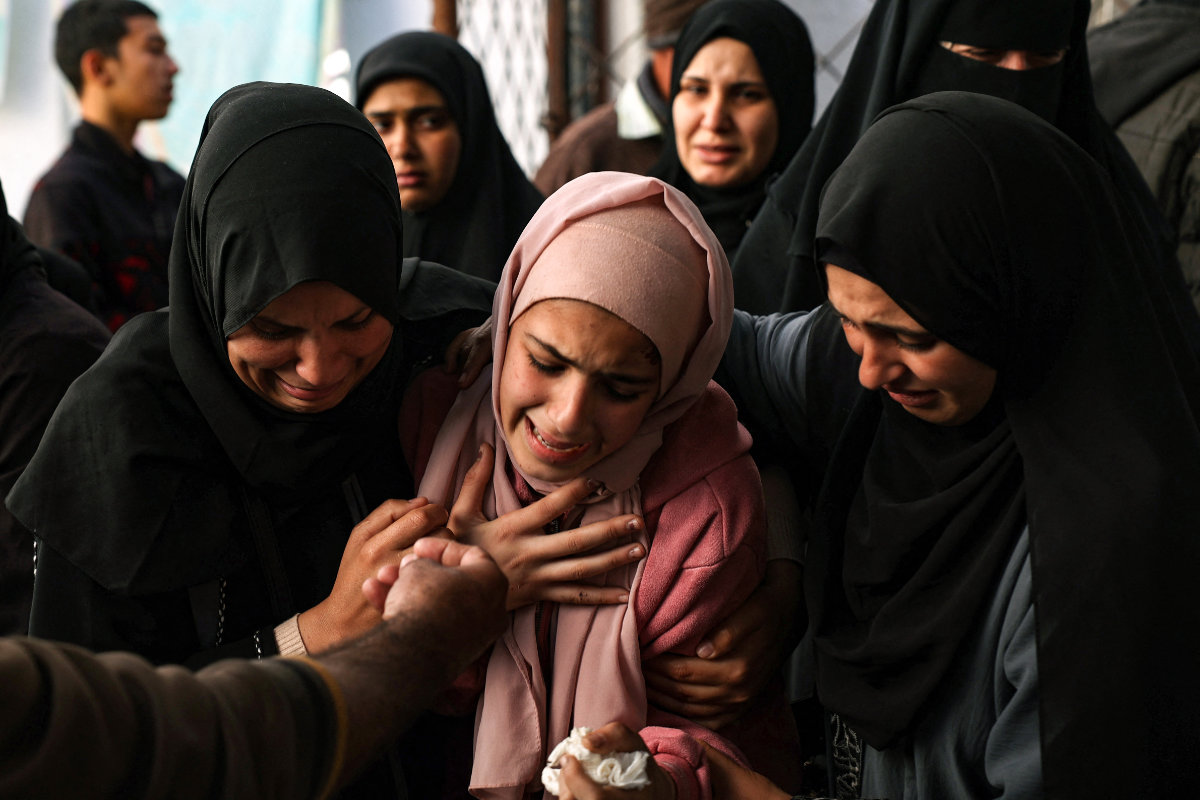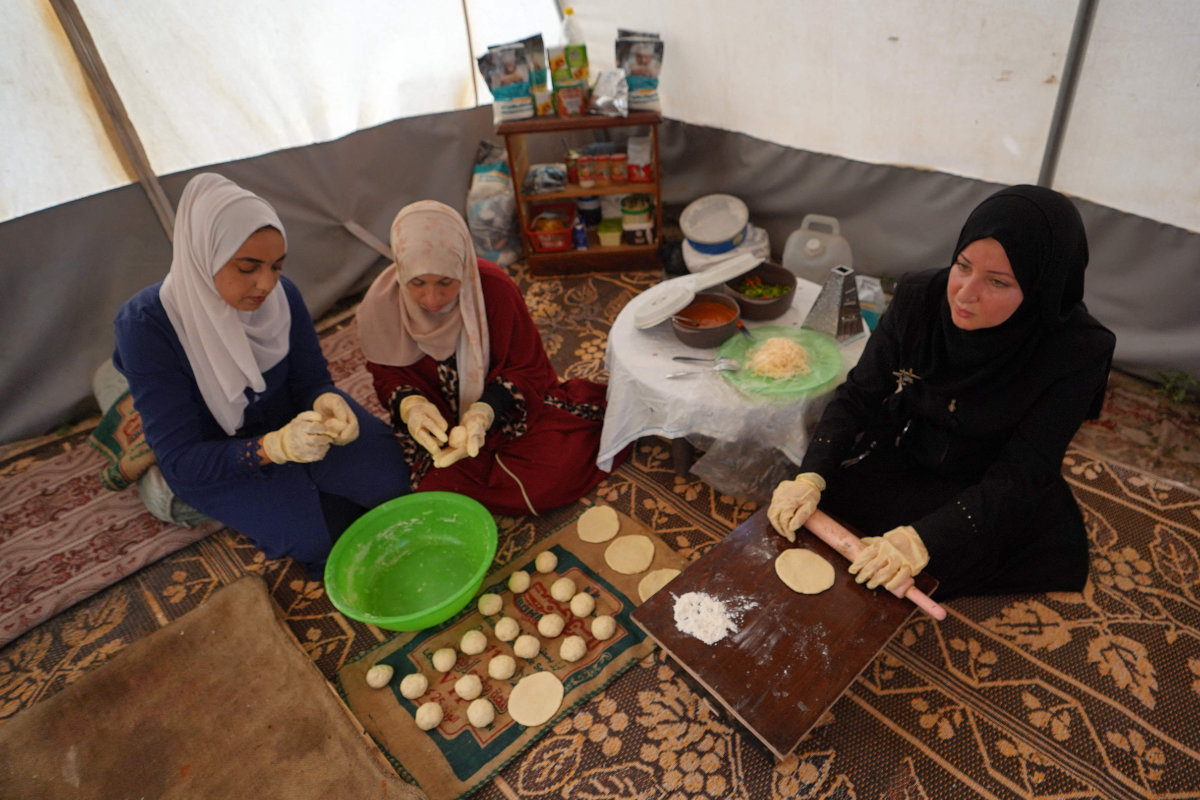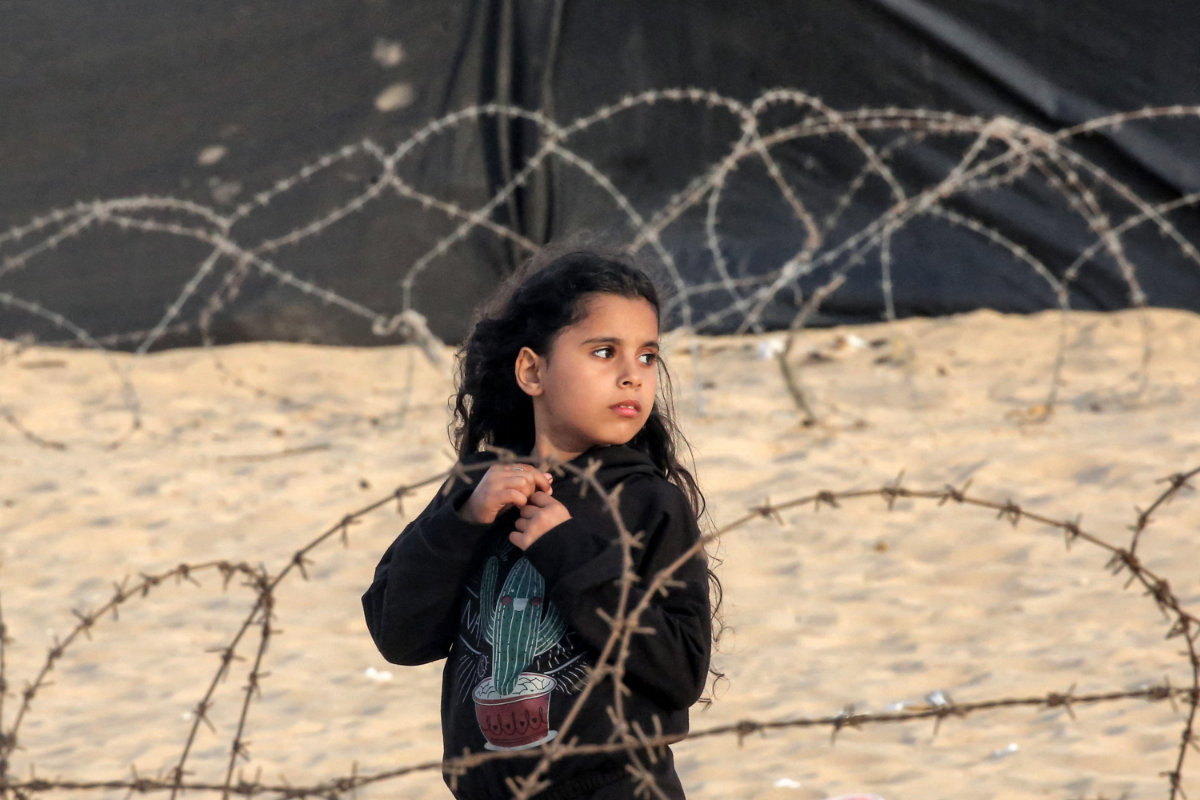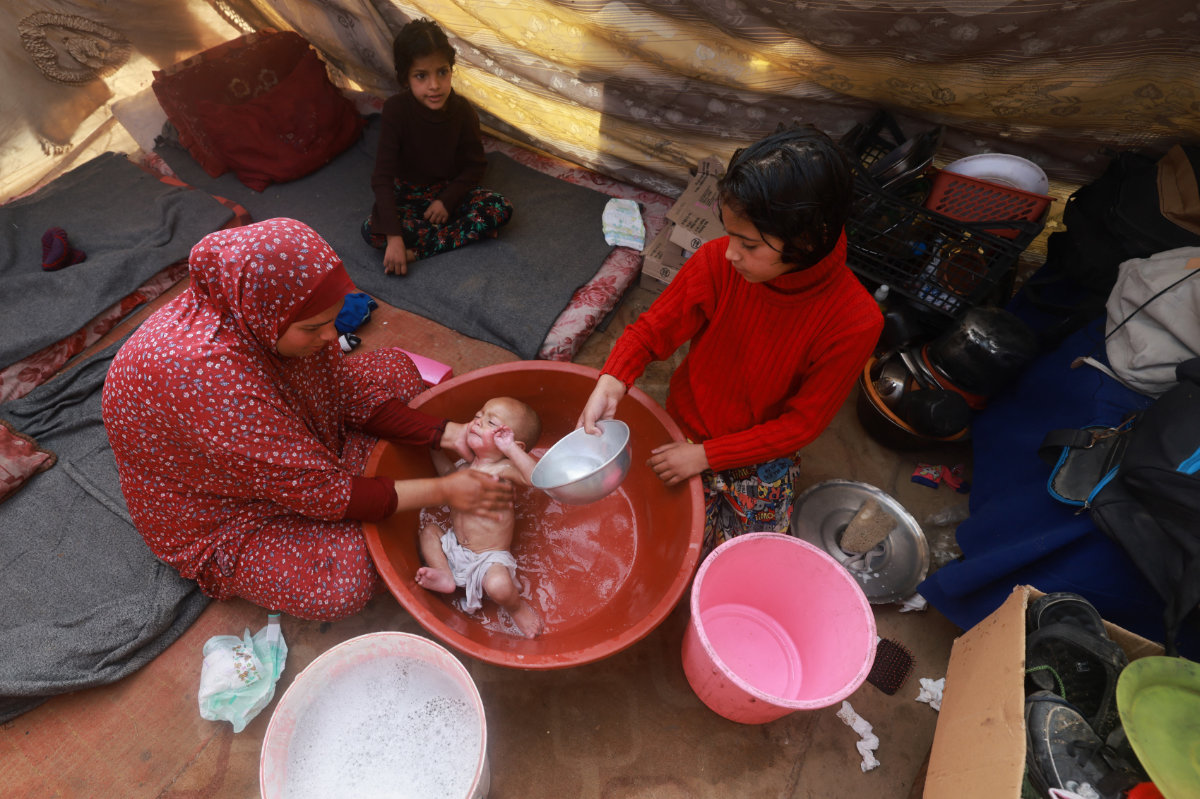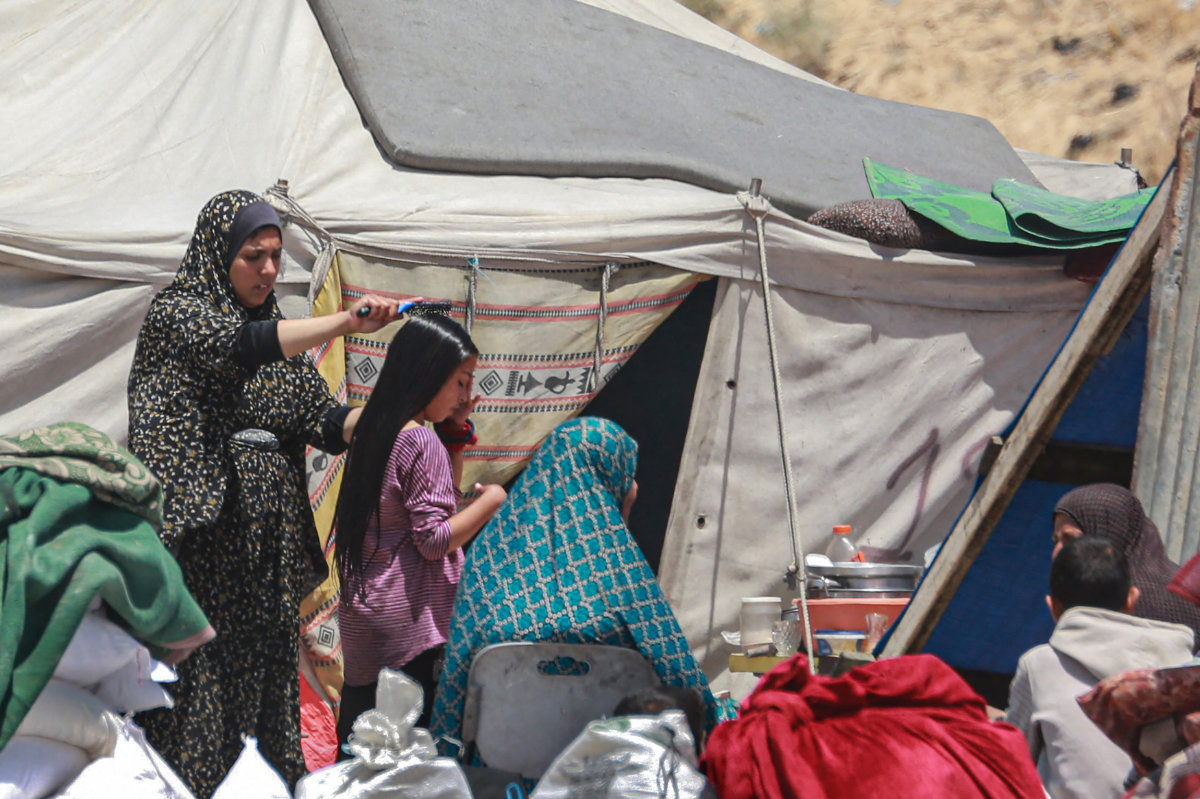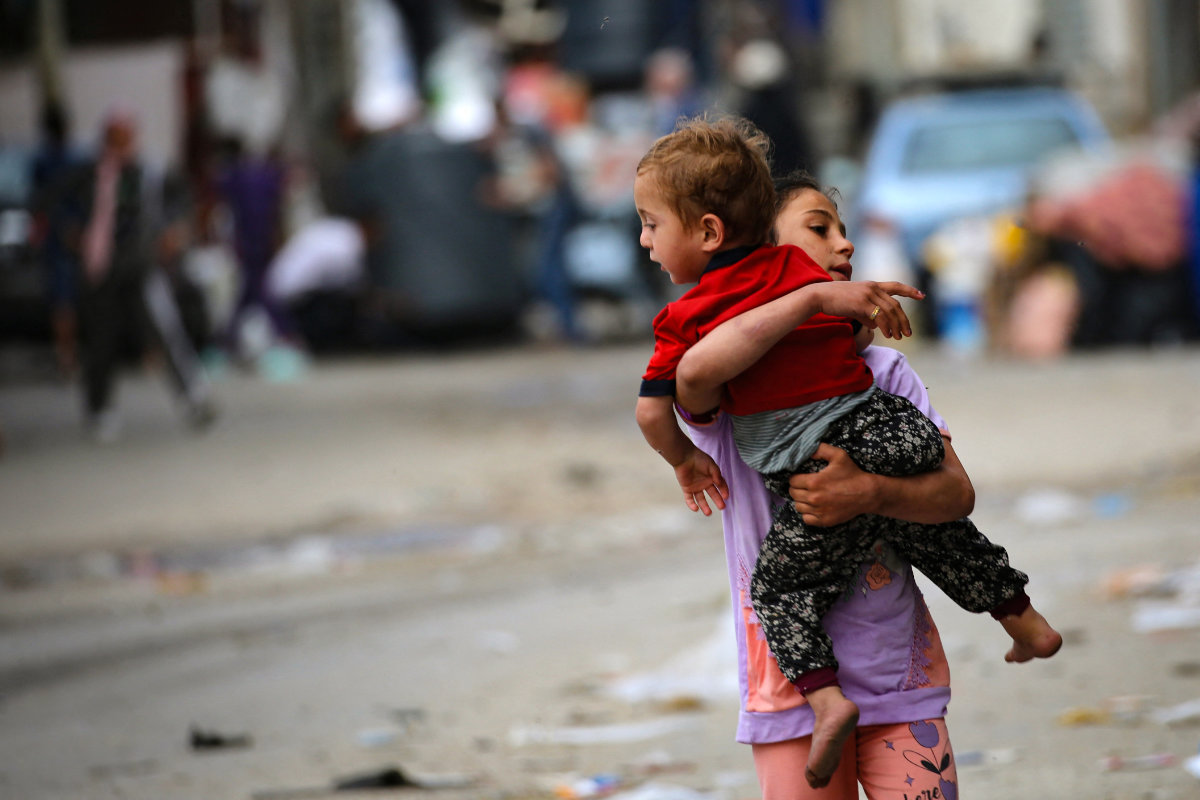TEHRAN: A top Iranian official Monday said nuclear scientist Mohsen Fakhrizadeh was killed in a new type of “complex operation,” blaming arch-foe Israel and an exiled opposition group.
The “operation was very complex, using electronic equipment and no one was present at the scene,” the secretary of Iran’s Supreme National Security Council, Rear-Admiral Ali Shamkhani, told state TV.
The People’s Mujahedeen of Iran (MEK) were “certainly” involved, along with “the Zionist regime and the Mossad,” he added, referring to Israel’s external security agency.
President Hassan Rouhani has stressed the country will seek its revenge in “due time” and not be rushed into a “trap.”
However, the MEK on Monday rejected in a statement Tehran’s accusation that it was involved the killing as “rancour and lies.”
“Accusing the Mujahedeen of killing the regime's nuclear experts is nothing new and is a reaction to the exposure of the entirety of the mullahs' nuclear structure and programme,” the group said.
“For the first time in 2004, the PMOI (People's Mujahedeen) identified Mohsen Fakhrizadeh as the official in charge of the regime's bomb-making apparatus.
The group said it had “saved the world and the Iranian people from the danger of the mullahs' speedy access to a nuclear bomb and blocked their path.”
Israel says Fakhrizadeh was the head of an Iranian military nuclear program, the existence of which the Islamic republic has consistently denied, and Washington had sanctioned him in 2008 for activities linked to Iran’s atomic activities.
The scientist’s body was taken for a ceremony on Sunday at a major shrine in the holy city of Qom before being transported to the shrine of the Islamic republic’s founder Imam Khomeini, according to Iranian media.
On Monday live video from Tehran, shared by national outlet Iran Press, showed uniformed men gathering around images of Fakhrizadeh seemingly ahead of a procession.
Israel has not officially commented on the killing of Fakhrizadeh, less than two months before US President-elect Joe Biden is set to take office after four years of hawkish foreign policy under President Donald Trump.
Trump withdrew the US from a multilateral nuclear agreement with Iran in 2018 and then reimposed and beefed up punishing sanctions as part of its “maximum pressure” campaign against Tehran.
Biden has signalled his administration may be prepared to rejoin the accord, but the nuclear scientist’s assassination has revived opposition to the deal among Iranian conservatives.
The head of Iran’s Expediency Council, a key advisory and arbitration body, said there was “no reason why (Iran) should not reconsider the Nuclear Proliferation Treaty.”
Mohsen Rezai said Tehran should also halt implementation of the additional protocol, a document prescribing intrusive inspections of Iran’s nuclear facilitates.
Iran’s supreme leader Ayatollah Ali Khamenei called Saturday for Fakhrizadeh’s killers to be punished.
Parliament speaker Mohammad-Bagher Ghalibaf called Sunday for “a strong reaction” that would “deter and take revenge” on those behind the killing of Fakhrizadeh, who was aged 59 according to Iranian media.
The UAE, which in September normalized ties with Israel, condemned the killing and urged restraint.
The foreign ministry, quoted by the official Emirati news agency WAM, said Abu Dhabi “condemns the heinous assassination of Mohsen Fakhrizadeh, which could further fuel conflict in the region...
“The UAE calls upon all parties to exercise maximum degrees of self-restraint to avoid dragging the region into new levels of instability and threat to peace,” it said.
Britain, a party to the nuclear accord, said Sunday it was “concerned” about possible escalation of tensions in the Middle East following the assassination, while Turkey called the killing an act of “terrorism” that “upsets peace in the region.”
Iran’s parliament said the “best response” to the assassination would be to “revive Iran’s glorious nuclear industry.”
It called for International Atomic Energy Agency (IAEA) inspectors to be barred from the country’s atomic sites, said the legislature’s news agency ICANA.
Some MPs had earlier accused inspectors of acting as “spies” potentially responsible for Fakhrizadeh’s death.
But the spokesman for Iran’s atomic energy organization, Behrouz Kamalvandi, told IRNA on Saturday that the issue of inspectors’ access “must be decided on at high levels” of the Islamic republic’s leadership.
Elsewhere on Monday, Iraqi sources said a commander in the Iranian Revolutionary Guard was reportedly killed along with three of his companions across the Syrian-Iraq border.
Iranian commander Muslim Shahdan was killed while passing through the Al-Qaim crossing, the sources said. The commander was killed by a drone strike, they added, in an operation that occurred late on Sunday.




